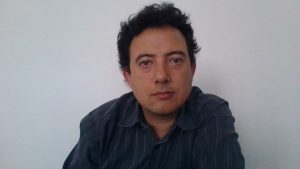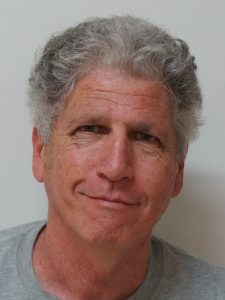
Dr. Rafael Sanchez ,
Department of Theory of Condensed Matter Physics, Universidad Autonoma de Madrid, Spain
Single-electron (or photon) heat currents and how to control them
When: 12:30-13:30 CET, May 11th (Thursday), 2023
Where: Seminar Room, ICMM-CSIC, Campus de Cantoblanco, Madrid
The flow and dissipation of heat is unavoidable in the operation of any circuit. Exploiting the properties of nanoscale conductors, one should be able to define devices able to control it on-chip, such as thermal rectifiers, transistors or circulators. These typically rely on strong nonlinearities and far from equilibrium configurations. In this talk I will discuss how these effects appear in minimal systems with a few number of levels (such as quantum dots [1,2] or qubits [3]) are coupled to two or more reservoirs, close to the linear response regime.
[1] R. Sánchez, H. Thierschmann and L. W. Molenkamp, Phys. Rev. B 95, 241401 (2017).
[2] A. Marcos-Vicioso et al., Phys. Rev. B 98, 035414 (2018).
[3] D. Goury and R. Sánchez, Appl. Phys. Lett. 115, 092601 (2019).
[4] I. Díaz and R. Sánchez, New J. Phys. 23, 125006 (2021).
YouTube link: https://www.youtube.com/watch?v=rrvH95h6s3E
